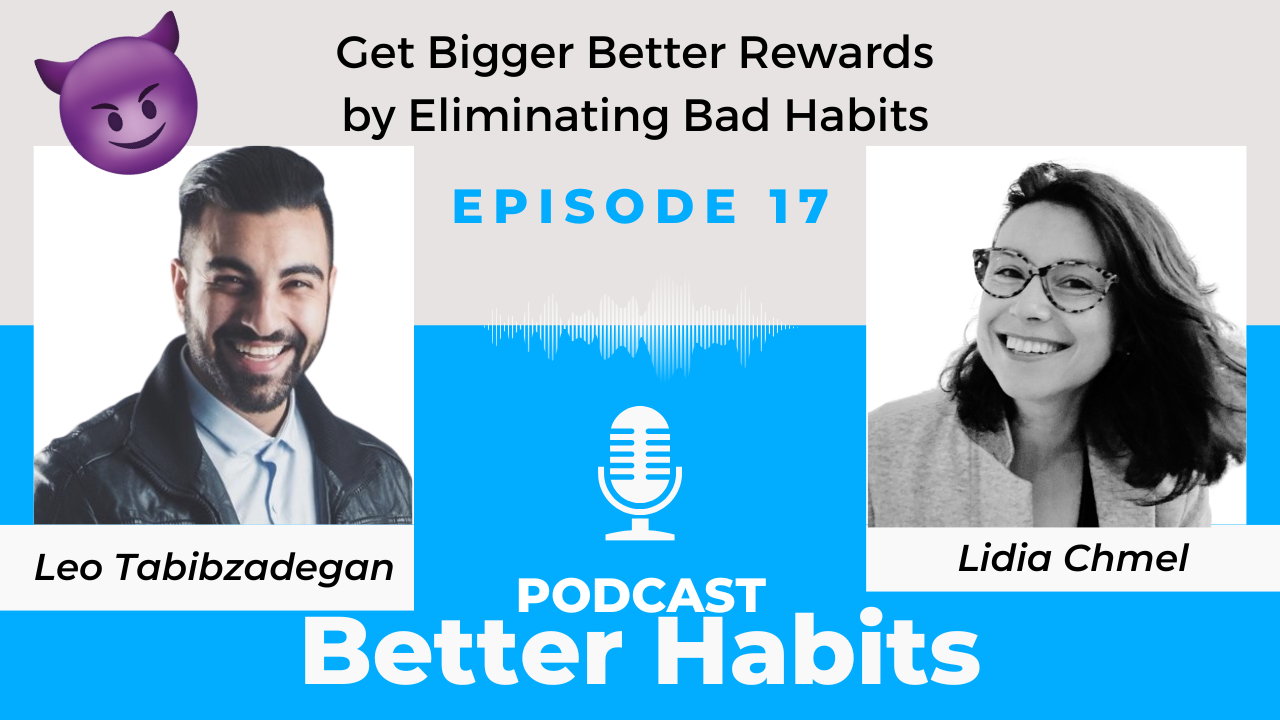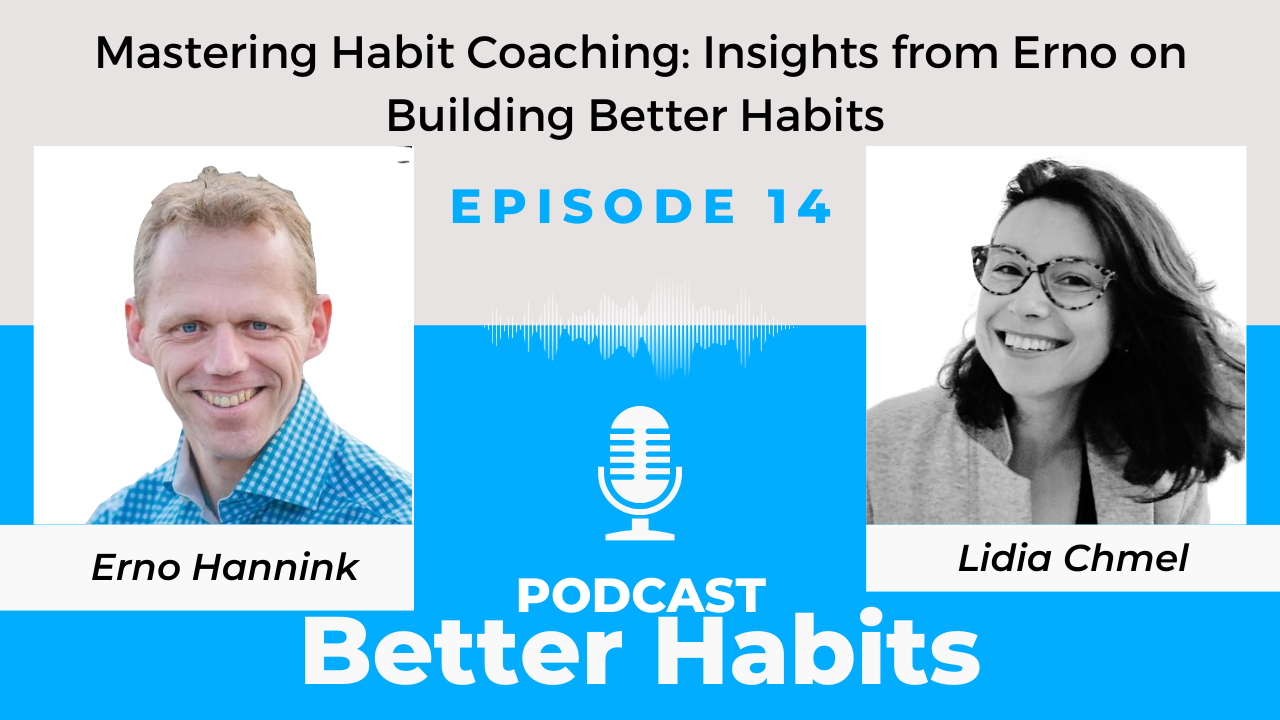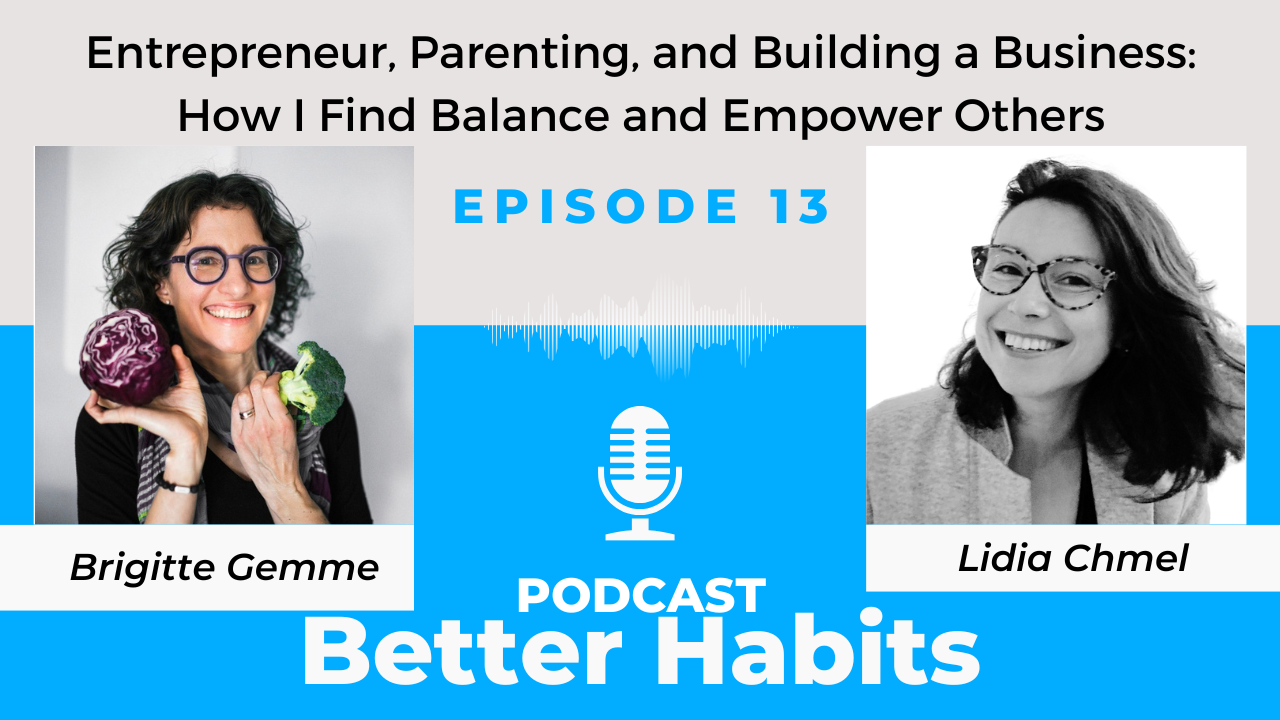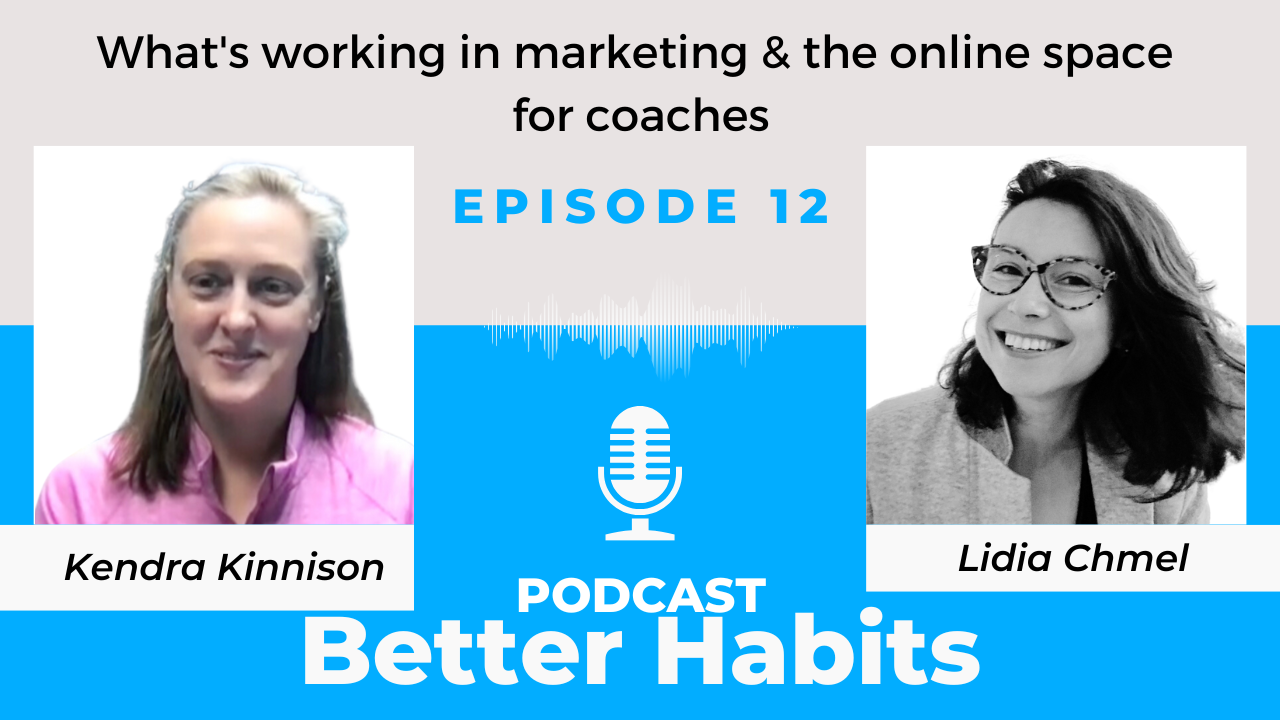Ben Greenfield is an Ironman triathlete, Spartan racer, coach, speaker, former bodybuilder and author of the New York Times Bestseller Beyond Training: Mastering Endurance, Health and Life. In 2008, Greenfield was voted as NSCA’s Personal Trainer of the year and in 2013 was named by Greatist as one of the top 100 Most Influential People In Health And Fitness.
Ben blogs and podcasts at BenGreenfieldFitness.com and resides in Spokane, WA with his wife and twin boys. Read on for insights into his own routines as well as what he’s learned through working with clients on the cutting edge of fitness.
How do you start your own day? Do you have any daily rituals or routines?
I begin each day by rolling over in bed, grabbing my heart rate monitor, and measuring the strength of my nervous system and my stress levels with a heart rate variability (HRV) app. As I lay silently for 5-10 minutes while this measurement is being taken, I read and journal. Then I get out of bed, start the water boiling for coffee, and do about 10 minutes of yoga and deep breathing while the water is heating and the coffee is brewing. Then I drink the coffee, use the restroom, take a 5 minute icy cold shower to get the blood flowing and the metabolism jump-started, and begin the day!
What are your eating habits like? Do you follow any specific program of eating?
I eat nearly the same thing every day for both breakfast and lunch: a kale smoothie for breakfast (full recipe here!) and a big salad for lunch. I almost always have a snack of protein powder mixed with coconut milk in the afternoon, exercise in the later afternoon, then have a glass of wine after my workout. Dinner is usually varied—and is the time for experimentation, trying new foods, cooking, eating out, and having fun!
There’s so much research being done and advice being published, how do you tell what’s real and what’s fake? How do you decide what’s relevant and what isn’t?
Don’t trust media headlines and instead find the original studies and read them carefully. Who funded them? Were there control subjects or placebo-controlled trials? Were they people or rats? Was the study long or short (e.g. 4 days vs 4 months)? What kind of doses/amounts were used (e.g. 50 vs. 500 mg caffeine)? What was the quality of the foods used (e.g. organic vs. non-organic meats) When it comes to supplements, pay attention to unbiased websites such as Examine.com and Labdoor.com.
Is there any current thinking about diet and fitness that needs to be challenged?
Always! I’m in the publishing industry and know many people in the publishing industry and it’s a well known fact that one of the best ways to make money is to sell a book with the word “Diet”in the title. So often, people churn out diet books for the money and notoriety, and not because that diet is proven by science per se. So once again, always go back to the research, and don’t necessarily think that just because something is in writing that it’s true.
Is there anything new you’ve started doing recently, or anything you’ve quit?
I’m constantly experimenting and biohacking. One of the most recent thing I’ve been experimenting with is hypoxia. Brief bouts of hypoxia (oxygen deprivation) have been shown to boost red blood cells production and production of nitric oxide, which can increase oxygen and nutrient delivery to cells. So I’ve been doing things like breath-hold walks (holding your breath every 3 minutes or so during a walk), underwater swimming for long periods of time with the breath held, and even use of oxygen limiting devices such as the Elevation Training Mask and Powerlung.
How do you make adjustments to your workout? It’a hard to know what to do when you’re tired or having a bad workout.
I pay attention heart rate variability, which tests the strength of your nervous system. I have many podcasts about this on BenGreenfieldFitness.com but basically, a low HRV means that your nervous system is not ready for hard training, and that it would instead be a good day for yoga or an easy walk. On the flip side, when HRV is high you can typically do a very hard workout. So rather than shooting in the dark, I use self-quantification to guide me.
Can you share some of the specific things you notice your top clients doing differently than the average client?
Yes, the top 3 things are:
- Detoxing the environment by using natural personal care products, natural household cleaning chemicals and limitation of exposure to things like chlorine, WiFi signals, bad water, mold, etc. I talk about much of this in How To Protect Your Body From The 10 Hidden Killers In Your Home.
- Using cold thermogenesis every day (cold showers) to increase cardiovascular efficiency and fat burning, to decrease inflammation and to increase cognitive performance.
- Optimizing circadian rhythms by going to sleep sometime between 9 and 11pm and waking up sometime between 6 and 7pm – very rarely going to be after midnight or getting up before 6am and typically engaging in good sleep hygiene practices such as a totally dark room, no use of screens in the bed such as laptops or phones, and avoiding much work from email etc for at least an hour before bedtime.
Coach.me provides everything you need to improve performance in diet, fitness, productivity, and life. Inspired by what you’ve read? Try adding these habits to your dashboard:
- Measure my HRV: measure your heart rate variability for insights into your health and fitness.
- Cold Shower: boosted fat buring nad immunity are just a couple of benefits!
- Sleep by 11pm: optimize your sleep cycle so your body can be truly refreshed and rejuvenated.








